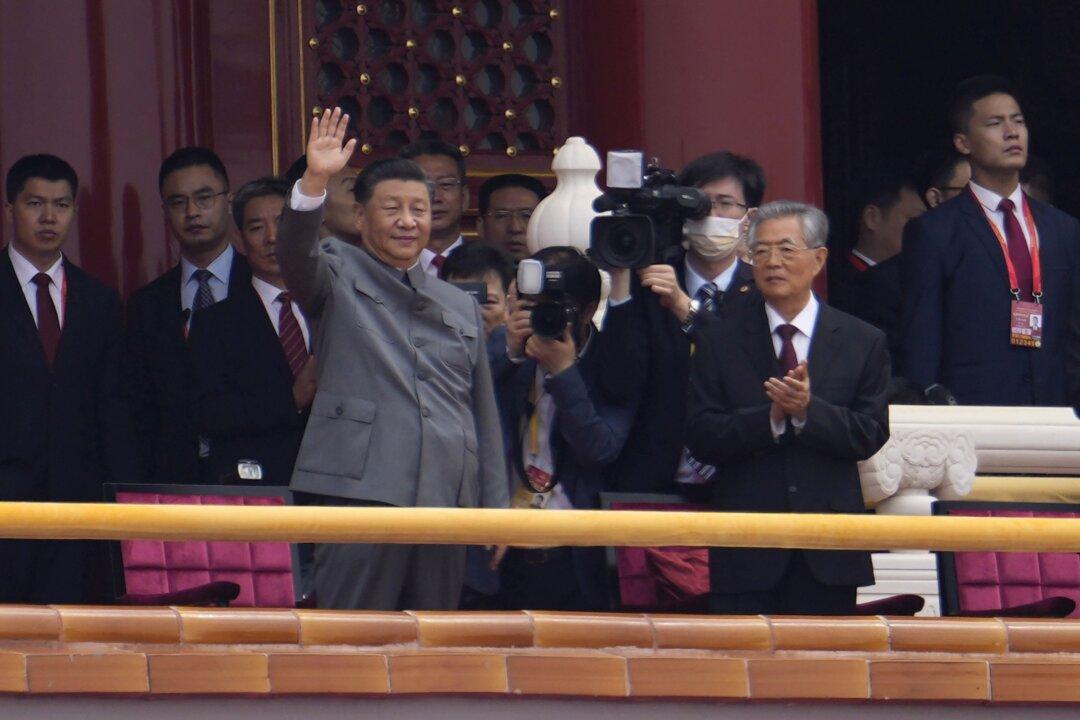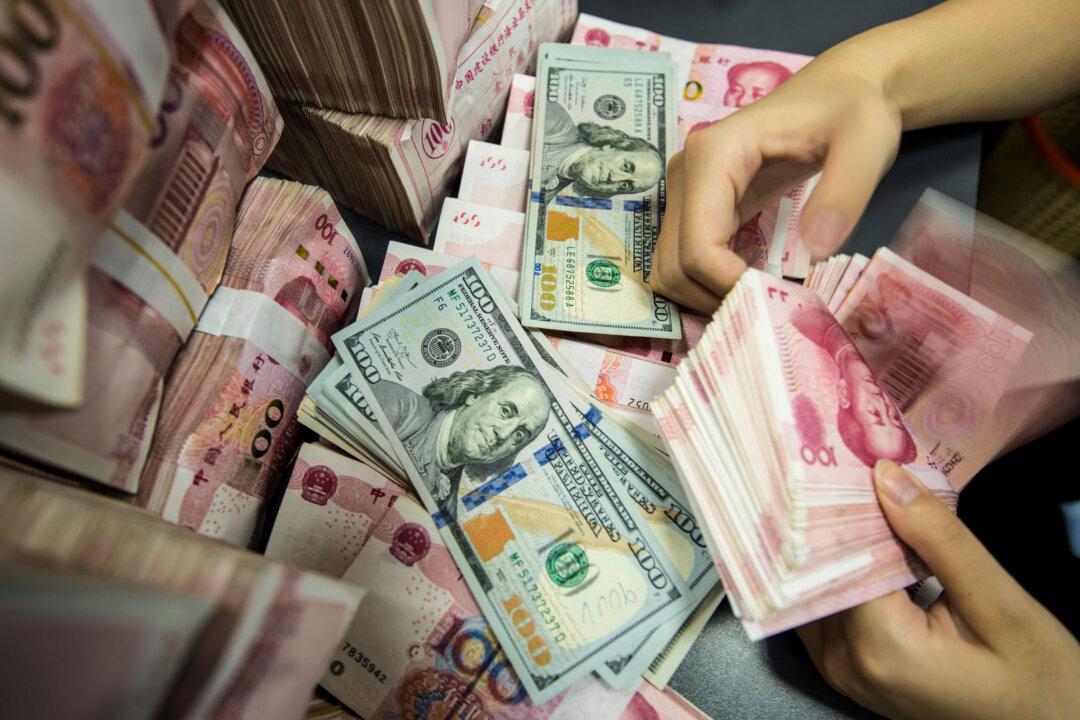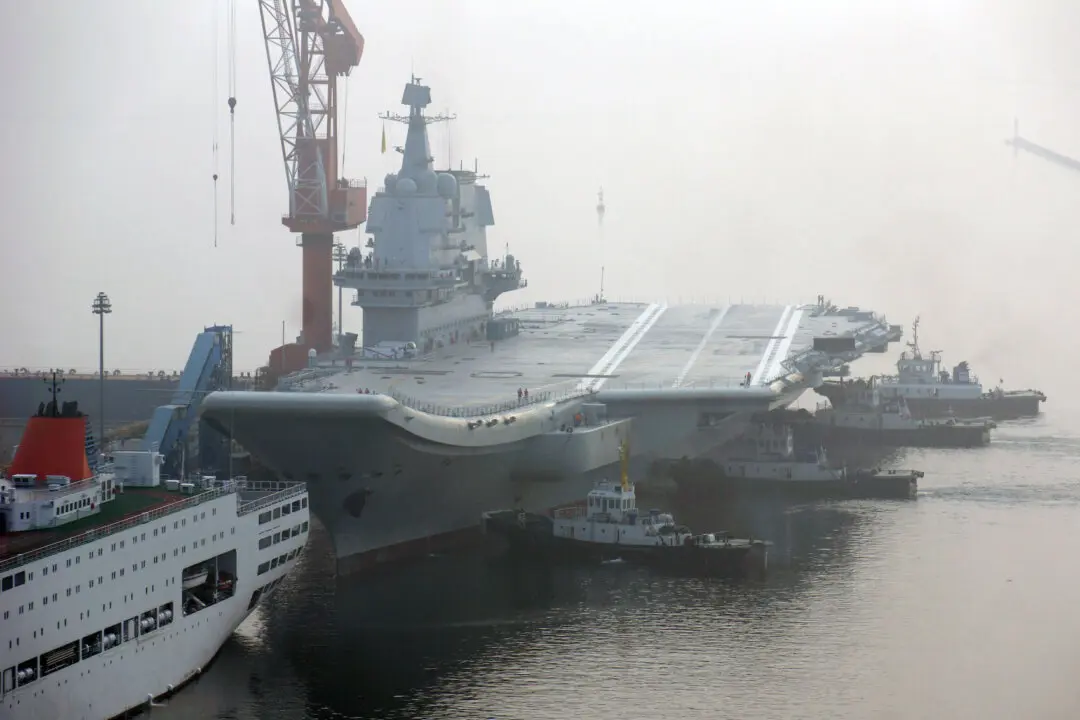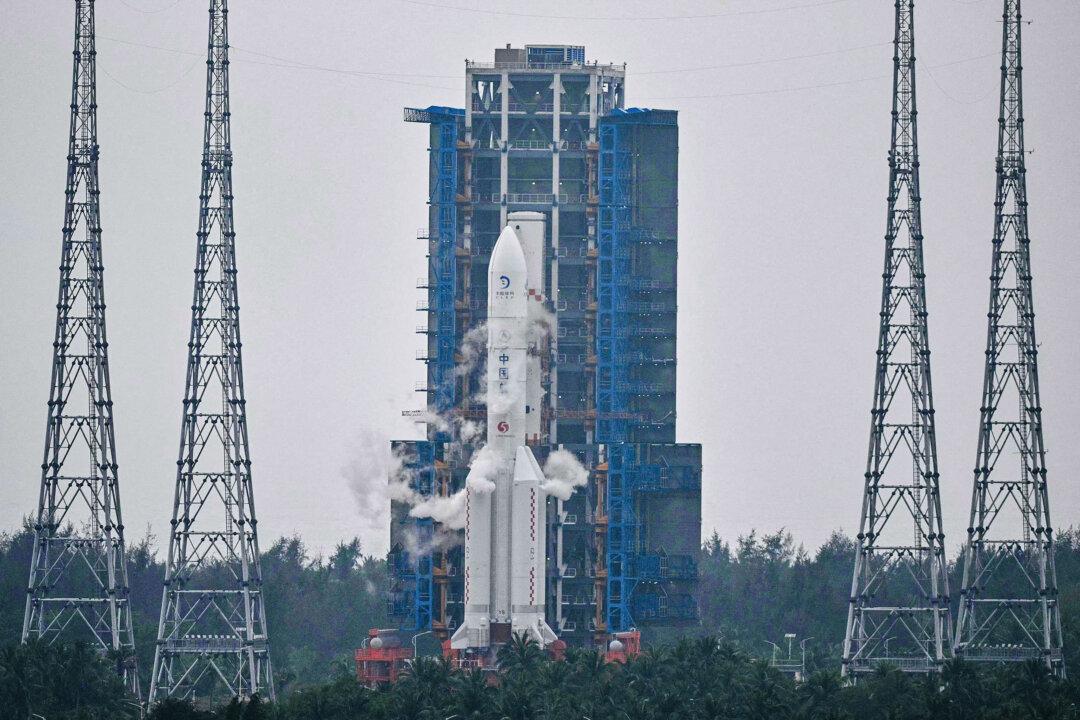News Analysis
During China’s Cultural Revolution, it was mandatory for citizens to not only read the “Little Red Book“ of Mao Zedong, but to carry it with them at all times. Similarly, ”Xi Jinping Thought” on socialism with Chinese characteristics is now mandatory for all elementary and secondary school students. “Xi Thought” is also taught at learning centers across the country. Xi is the first leader who’s had his thought enshrined in the state constitution since Mao.





